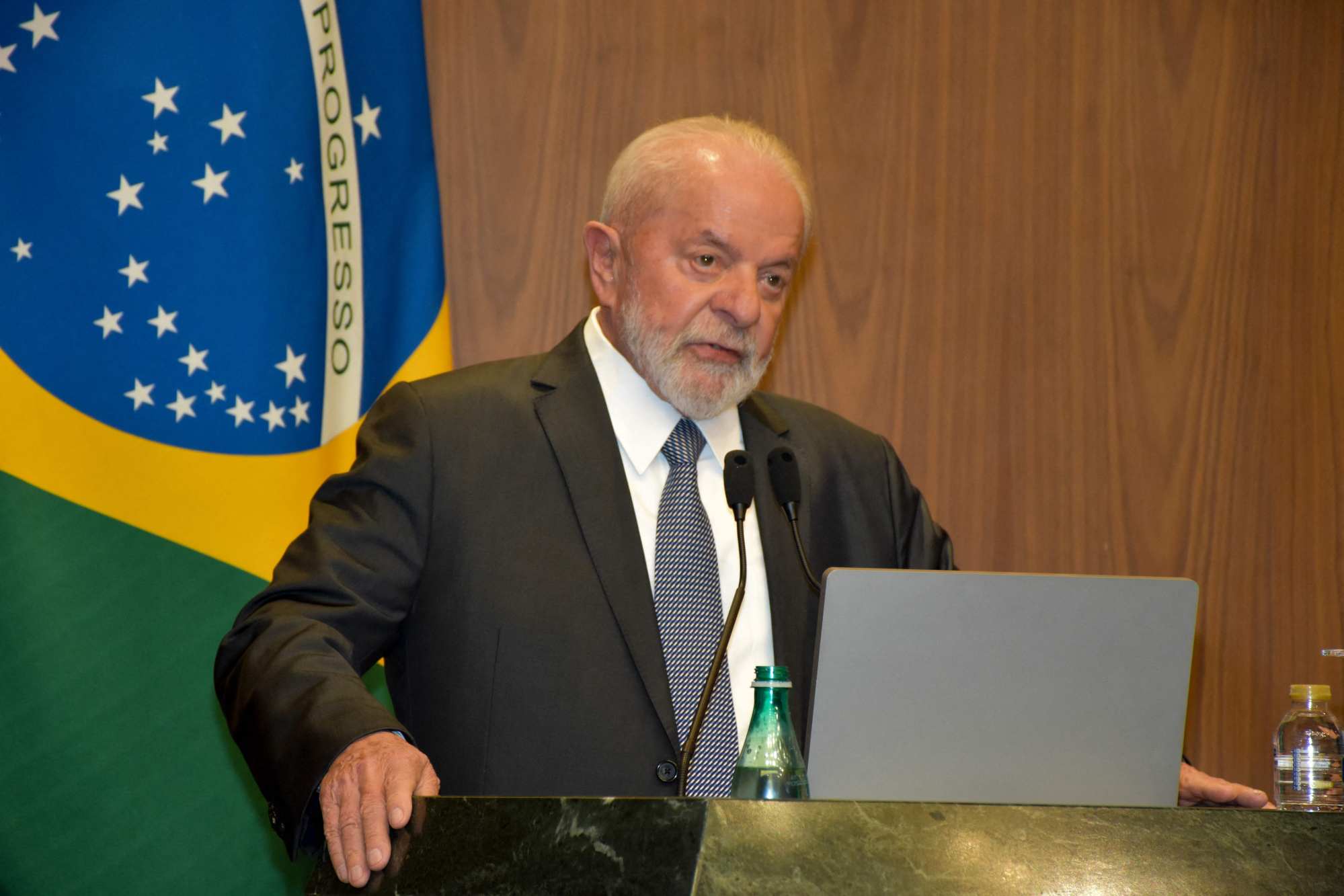
US secretary of state to meet with Brazilian and Argentine presidents next week
- After taking part in a Group of 20 meeting, Antony Blinken is expected to meet with Luis Inacio Lula da Silva in Brasilia and Javier Milei in Buenos Aires
- The South American nations pose different diplomatic situations, with Brazil aligning with China while Argentina seeks closer ties with the US
US Secretary of State Antony Blinken will travel to South America next week, with stops in Brazil and Argentina, the State Department said on Friday.
In Brazil, Blinken is slated to participate in a Group of 20 ministerial meeting in Rio de Janeiro on Tuesday and Wednesday. He is then to travel to Brasilia and expected to meet with President Luis Inacio Lula da Silva.
From there, Blinken is to travel to Buenos Aires and hold talks with the recently elected Argentine president, Javier Milei.
The State Department said Blinken would meet with Lula “to discuss bilateral and global issues”. He also intends to negotiate cooperation on energy transition initiatives, discuss the G20 summit to be held in Rio de Janeiro in November, and plan an agenda to celebrate 200 years of relations between the US and Brazil.

In Buenos Aires, Blinken wants to discuss “sustainable economic growth, our shared commitment to human rights and democratic governance, critical minerals, and enhancing trade and investment”, according to the State Department.
Blinken will be navigating different diplomatic environments in the two South American countries, with Argentina favouring the West and Brazil deepening its relations with China.
Milei, a so-called ultra-libertarian, clinched victory in Argentina’s elections in November and took office in December. His campaign included calls to sever ties with China, favouring alignment with the “civilised side of the world” – a thinly veiled reference to the United States and Europe.
Notably, Milei opted to purchase second-hand American F-16 fighters from Denmark instead of new Chinese JF-17 aircraft. This decision ruffled Beijing’s feathers, leading to its suspension of a currency swap agreement. Milei also declined an invitation to join the Brics group of emerging economies China helped found that was extended to Buenos Aires last year.

Brazil and Lula, however, have been getting closer to Chinese leader Xi Jinping. Lula’s state visit to Beijing last year underscored his advocacy of de-dollarisation in trade among Brics nations.
Brasília also publicly expressed discomfort when the US vetoed its resolution at the UN Security Council in October seeking humanitarian pauses in the Israel-Gaza conflict. China supported the resolution.
Referring to Brazil’s growing relationship with China, Ramin Toloui, the assistant secretary of the State Department’s bureau of economic and business affairs, said that Blinken’s visit would present the US as a “comprehensive and powerful alternative to those who may not necessarily have others’ best interests at heart”.
Toloui also said that Washington sought to “make sure that countries can trade with whomever they think is valuable to them” and that they understand “what the costs and benefits are”.
“The United States is the largest source of foreign direct investment in Brazil. And we have a robust presence of US companies in Brazil as well as in Argentina and we’re looking forward to deepening our economic ties between both of them,” he said.
Chinese foreign minister’s Brazil stop yields mutual visa deal
He added that the Biden administration wanted to increase engagement with Brasília and was seeking “areas of cooperation and to deepen the economic relationship, whether it’s in manufacturing or technology and many other areas”.
Brian Nichols, the US assistant secretary of state for western hemisphere affairs, declined to detail potential talks about selling F-16 jets to Buenos Aires.
Commenting on the tentative Danish deal, Nichols said that Argentina is a “major non-Nato ally of the United States” and that Blinken would reinforce US willingness to “cooperate with them across a broad range of security issues”.
“We believe that the technology and the affordability of what we have on offer will meet our consumers’ needs. Beyond that, it’s up to them to choose who they purchase equipment from, and who they choose as providers.”

